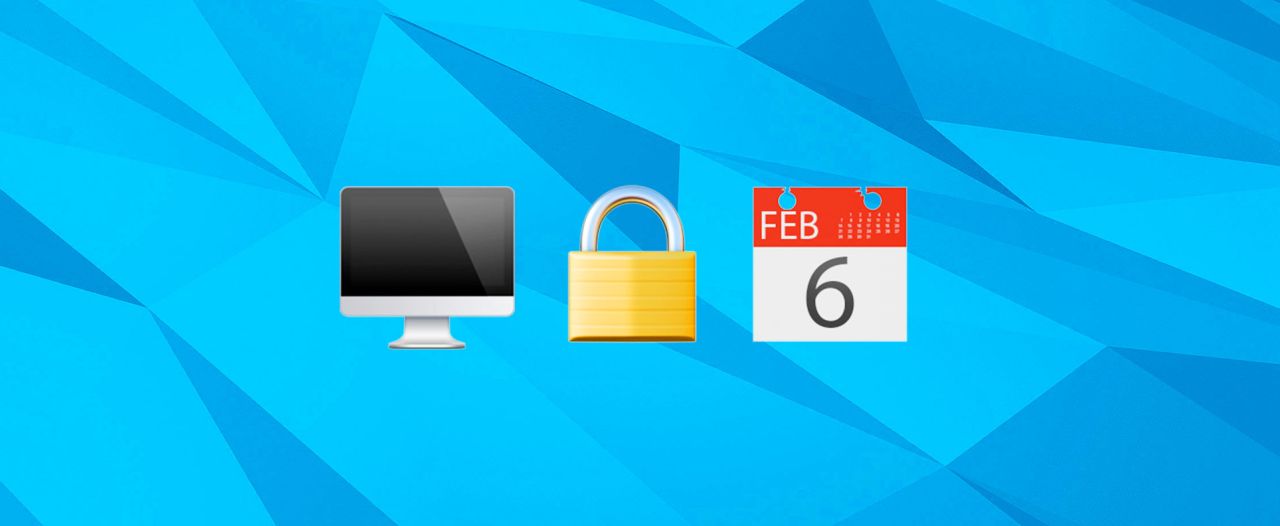
Celebrated in over 130 countries, it's a great time to check in and make sure you're using the internet as safely as possible. Here are some quick and easy ways to protect yourself online.
1. Use Complex Passwords
An ideal password needs to be hard to guess. It should be long, have capitals, special characters and shouldn’t be something easily guessed like your date of birth. The reality is that so many devices and accounts are left with the default password making hackers jobs easier.
Even better than a single word, base your password on a phrase or sentence that is easy to remember, a "passphrase". Think of a phrase, then change some of the characters to make it a strong password.
For example: "i love my cat" becomes "i<3myC@t"
Why is this so important? We wrote another blog post about complex passwords.
2. Check URLs Carefully
Hackers can sometimes trick you into entering your secure login details by using fake websites designed to mimic your favourite sites such as your bank, or Facebook. Take a moment to check the website address is spelled correctly and in the regular format you expected.
Also, look for a "https://" before the website address or a padlock icon (the s stands for secure). Technology called SSL Certificates keep your information safe while in transit, and prevent prying eyes from intercepting your private information.
Mity use SSL Certificates for all websites we host, ensuring trust is built between you and your customer, and their information is kept secure. In fact, Google even prioritises SSL/https websites when ranking sites for search results.
3. Install an Anti-Virus
We all make mistakes, and having an anti-virus software suite installed on your device can be a crucial last line of defence. It can be the difference between accidentally stumbling onto an innocent looking malicious website, and a friendly popup to let you know you the website you are about to visit could be dangerous.
Not only will keeping your anti-virus or firewall software up to date protect you from the latest threats, keeping your other software up to date will prevent outdated programs from being exploited. Simply updating your Microsoft Word, Adobe PDF Readers and Web Browser regularly can prevent malicious code embedded in documents from wreaking havoc on your personal computer.
4. Shopping Online Safely
Using the internet to make payments, be it online shopping or paying bills or utilities can save you a lot of time and effort. However, there are risks associated.
Always look for the "https" in the web address or the padlock icon.
Never send your bank or credit card details via email, or through social media.
Look for reviews of the online store you’re visiting to confirm it’s legitimate.
Use a secure payment gateways like BPAY, PayPal, eWay or Stripe (ask us more about integrating your website with one of these secure payment gateways).
For more information about how to get involved with Safer Internet Day 2018, visit the Australian eSafety Comissioner's website: https://www.esafety.gov.au/saferinternetday, and for more information on how you can increase the safety and security on your own website, get in touch with us today.

Marty Friedel
Marty has a background in Computer and Information Science, software development, web development, multimedia and web accessibility, and is Mity Digital’s resident nerd.
Outside of his programming work, Marty is a keen landscape photographer, and also teaches Les Mills group fitness classes.

